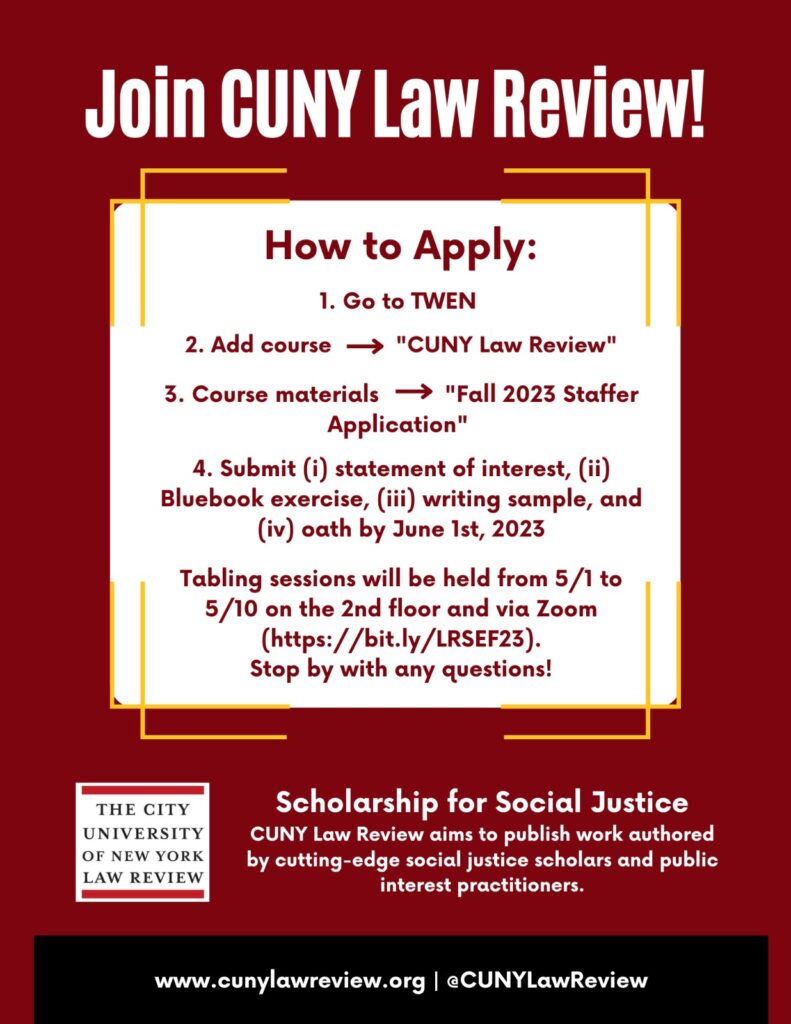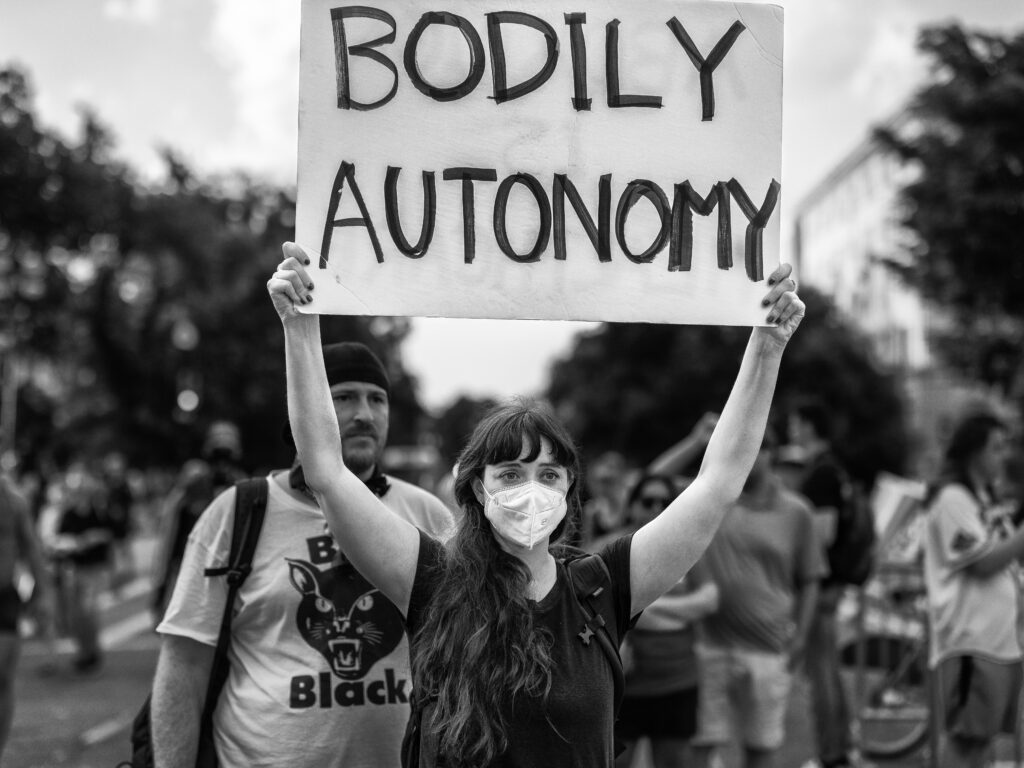 Photo credit: Adam Schultz Creative Commons/Flickr
Photo credit: Adam Schultz Creative Commons/Flickr
Nick Leiber
As we are reminded by headlines such as “A School Bus Crosses U.S., Linking Families of Mass Shooting Victims” and “Teens buying ‘ghost guns’ online, with deadly consequences,” our gun violence nightmare doesn’t seem to be ending. More Americans died of gun-related injuries in 2021 than in any other year on record, according to the Centers for Disease Control and Prevention. Perhaps most disturbingly, firearms are now the number one cause of death for children in the U.S., surpassing motor vehicle deaths and those caused by any type of injuries or illness.
Continue reading


